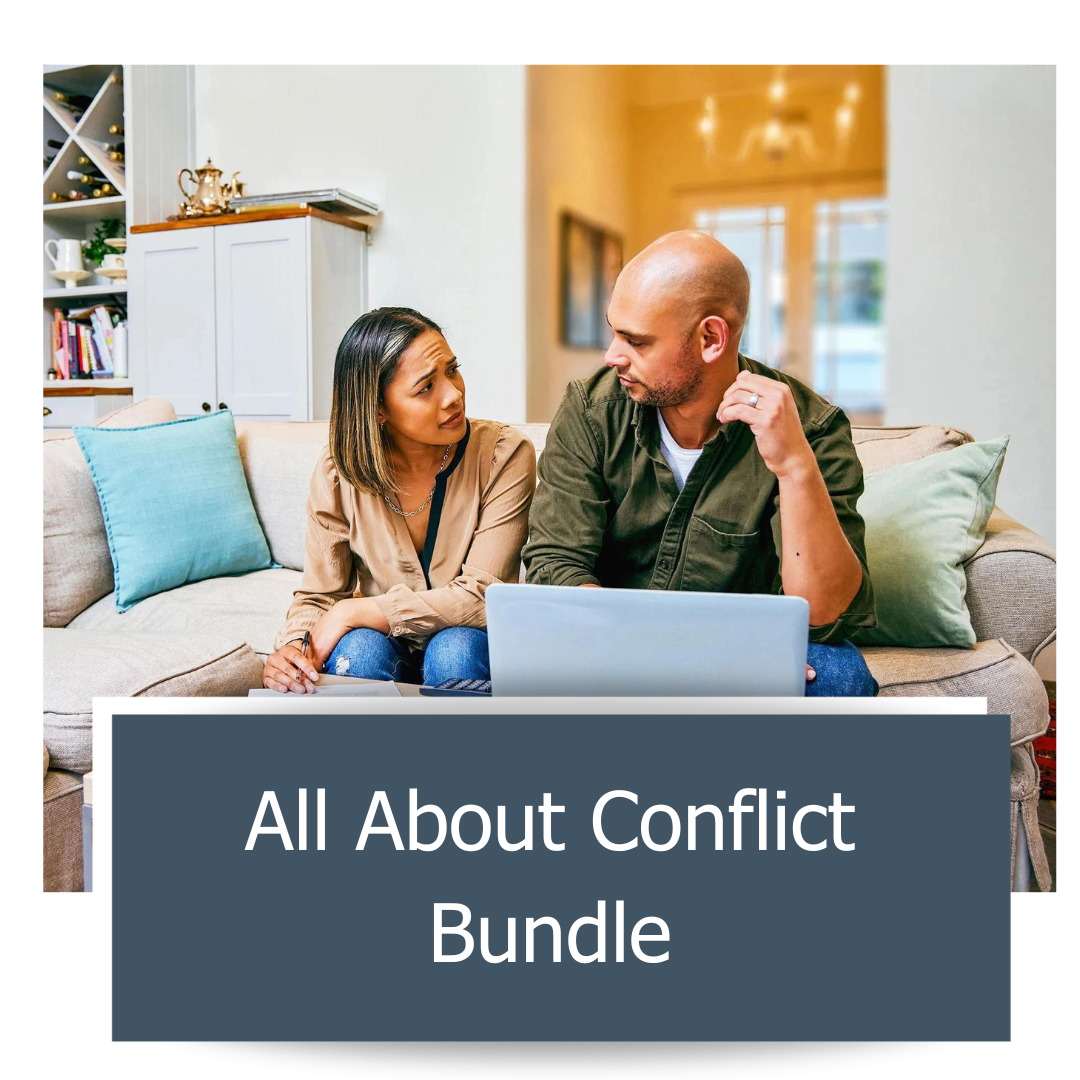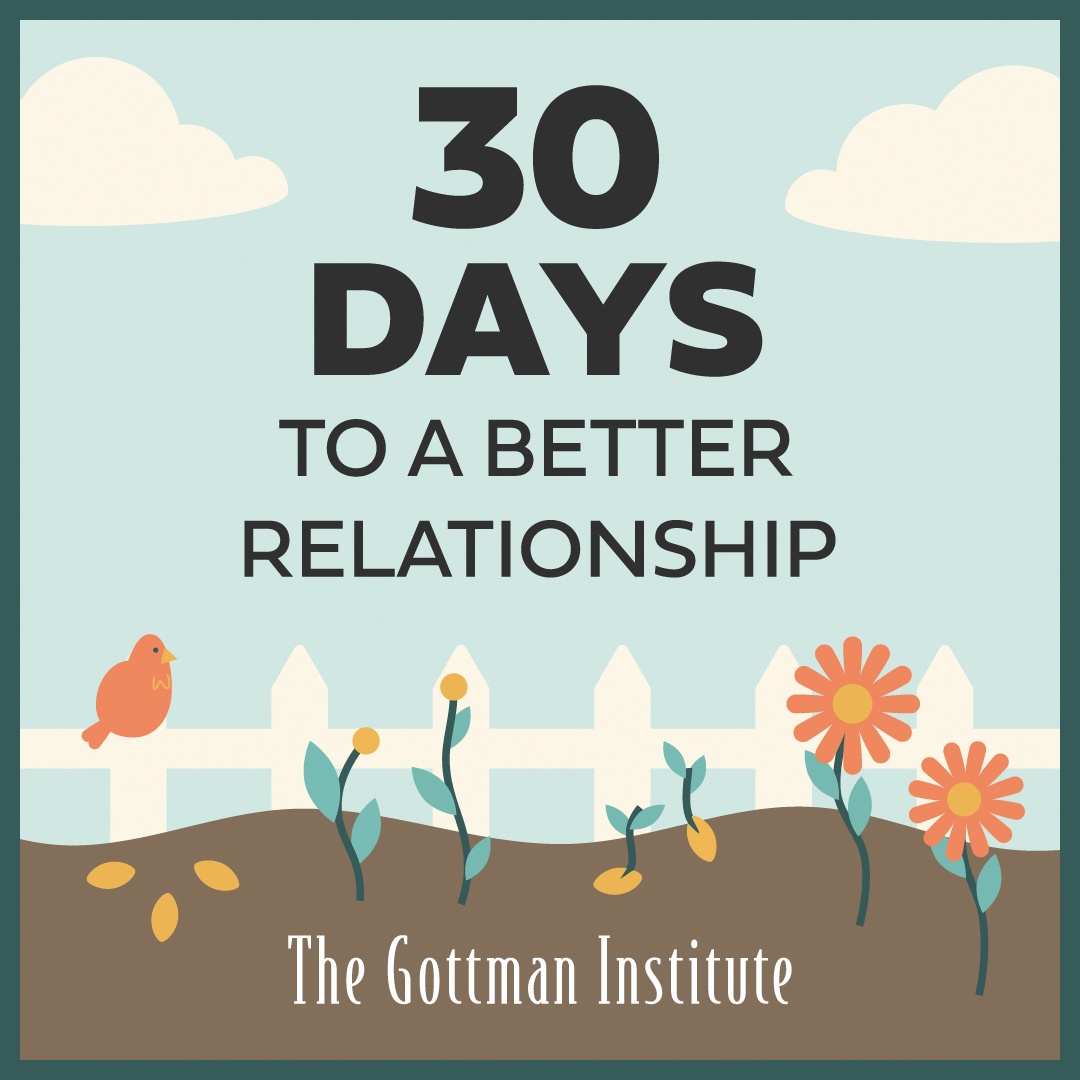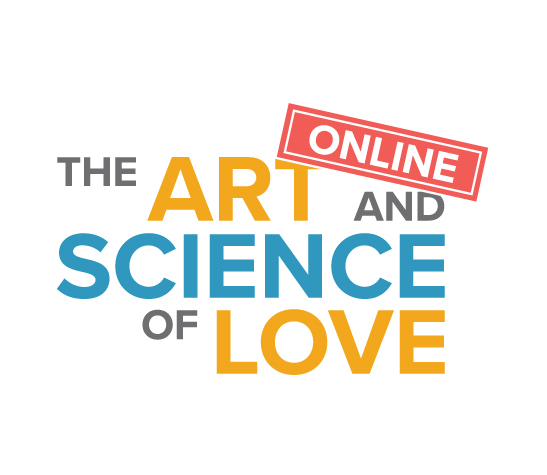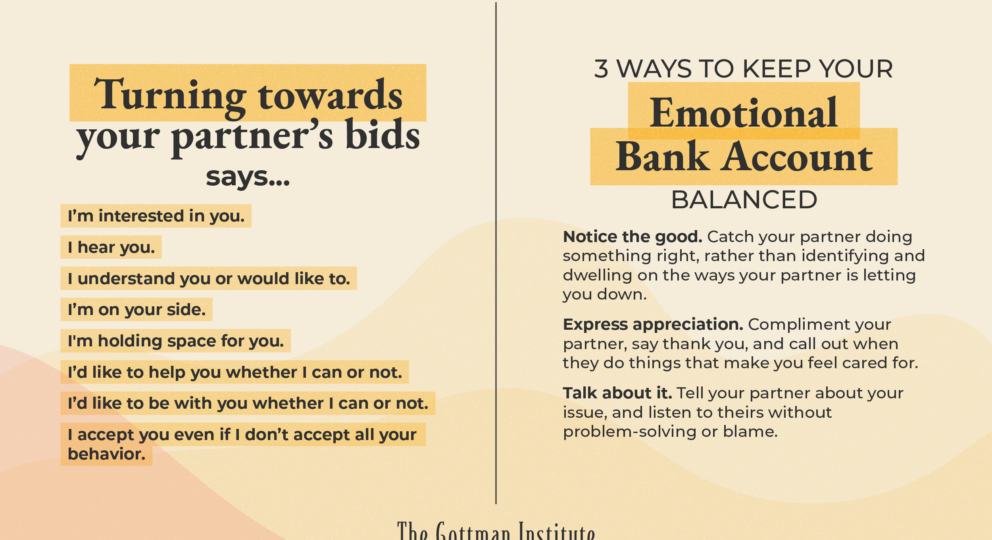They were perfectly matched in so many ways. She was a young lawyer (land use law) and so was he (media rights). They were both Midwest transplants to Seattle. They were busy and ambitious, and loved to pack their free time with new experiences. When they first met, they’d venture out someplace new every weekend. They hopped in the car and drove up to Vancouver for the weekend to wander the open-air market or pop in for some late-night sushi. They headed off into the mountains for an overnight camping trip. Or they grabbed last-minute tickets to a play. They both worked long hours but loved to be spontaneous in their time off.
There was just one tiny problem. She wanted a puppy. He didn’t.
A year later, there was indeed a puppy—one that had grown into a big, happy, playful dog. But the marriage was ending. Divorce papers were signed. The two moved out of the house they’d bought together before they got married, the one they came home to the night of their wedding, still shaking the sparkly confetti the guests had tossed out of their hair and clothes, laughing. They split up all their furniture, books, pots and pans. She, of course, took the dog.
How did a puppy break up this marriage?
The fight started out simply: with a difference of opinion. He thought dogs were too much responsibility, too much work, too much commitment. You couldn’t leave a dog home for very long—you couldn’t even go away for the day. And dogs could get expensive. Didn’t they want to use their extra money in other ways? Hadn’t they talked about traveling?
But his job required frequent business trips, and he was gone a lot, leaving her alone in the house, where she worked long hours from home. She felt lonely, and when he was away overnight she got spooked. They hadn’t really been traveling like they’d once talked about—why not get a puppy, a buddy for her to keep her company? She imagined the dog accompanying them on weekend hikes, riding in the car with its head out the window. It was nice to picture them as a threesome: a couple with their dog.
They weren’t getting anywhere. They just kept looping around inside the same argument, with no resolution. His concerns about time, money, and commitment seemed so overblown—if he would just try it, she was sure, he’d see it wasn’t that much work! So, she decided: she would just get a puppy and give it to him as a gift. Once there was a real, live, adorable fuzzball in his lap, how could he re- sist? He’d come around.
He did not come around.
The conflict escalated. He was upset that she’d ignored him and done what she wanted to. She was upset that he continued to dig his heels in, even after she’d told him how important this was to her. To him, the puppy in the house was a constant reminder of how she’d completely disregarded how he felt and what was important to him. To her, his refusal to accept the dog felt like a rejection of her and her needs. Every little thing about the dog sparked a fight: Who would take him out. The vet bill. Having to add his food to the grocery list. Worse, they were fighting about other stuff now too—more than they ever had before.
She started to notice how little he did around the house. Okay, fine, she thought, she’d do most of the dog stuff—it had been her idea. But he seemed to leave the rest of the housework to her too. Either he didn’t care, or he just expected it—is that what it would be like, she wondered, if they had a baby? For his part, the way she brought stuff up grated on him. She never just asked for help. She’d say, “I guess I’m doing the dishes again tonight,” and some little flash of anger inside him would make him snap, “Yeah, I guess so.” Later, feeling bad, he’d try to do more—he’d put a few loads of laundry through, clean the bathroom—but she never noticed.
They were spending less and less time together. And one Friday afternoon, when he reminded her that he was going away for the weekend on a camping trip with an old high school buddy, she felt overwhelmed by anger and sadness.
“Oh, so you’re just going to take off,” she said, suddenly on the verge of tears, “and I can stay home with this dog you never wanted.”
Blindsided, he blew up. “What is the matter with you?” he shouted. “I’ve had this trip planned for months! It has nothing to do with the stupid dog!”
There was fuel behind this fight, just under the surface, like underground oil feeding a fire: each of them had a hidden agenda.
His hidden agenda: he wanted freedom and adventure.
Her hidden agenda: she wanted a family.
But they barely acknowledged these deeper truths to themselves, much less to each other.
They retreated further and further from each other, each digging into his or her own separate foxhole, from which they lobbed accusations and criticisms like grenades. One day, she caught a bad cold and couldn’t take the dog out—he had to do it. He was filled with resentment every time he had to stop doing something important to clip the leash on—he hadn’t signed up for this! On another day, the puppy made his own sign of protest: he did his little dump right under the husband’s desk, where he worked when he was home.
He said he wasn’t cleaning it up.
She said she wasn’t cleaning it up.
That tiny pile of poo marked the line nobody would cross—to cross it would be to admit defeat, to let the other side win.
When they sold the house in the divorce, they had a cleaning service come in. The cleaners moved from room to room, washing away all the evidence of this couple’s life together—their fingerprints and cooking spices, dust and left-behind papers—to make the space spotless for the prospective buyers who would be coming through, imagining themselves living there instead. And then they came to the desk.
Do you know what happens when you leave dog poop for a long time?
It turns into a hard, white lump.
Yes, the punchline of this story is . . . mummified dog poop. And we’re sorry! But we’re telling you this story because it’s so universal: every couple has some small disagreement that won’t go away, snowballs, and turns into a huge blockage. And it seems so trivial! It’s easy to hear this story and think: What a terrible reason to break up a good marriage—over a puppy?
Well, the fight wasn’t really about the puppy. Or the poop. The puppy represented major life philosophies for each person. When they fought about taking the dog out, or the vet bill, or who should perform the errand of shopping for dog food, they weren’t really fighting about those things. They were fighting about their values, their dreams, their vision of what they wanted out of marriage, and out of life. They were fighting about some really foundational stuff— stuff that would have been good for them to dig into, and might even have saved their marriage if they had. But they never got there. They never really figured out what they were actually fighting about, or how to talk to each other about it. Their fights became destructive, and eventually that strong relationship they’d once had splintered apart.
This was a long time ago, before John started his work studying couples. He didn’t fully understand the depths of their conflict until much later, when his research taught him more about the science of relationships. In the end, he wasn’t able to help them. They did unfortunately split up. But since then, we have helped thousands of other couples who were just as gridlocked, just as stuck, just as desperately out of sync.
In writing this book, we thought about that long-ago couple a lot. We wish we’d known then what we know now, with fifty years of research under our belt. If we could go back in time, this is the book we would write for them.











